THE DEFINITIVE GUIDE FOR THE TREATMENT OF ULCERATIVE COLITIS
WHAT IS ULCERATIVE COLITIS?
Ulcerative colitis is an INFLAMMATORY BOWEL DISEASE (IBD) in which there is long-lasting inflammation of the large intestine (colon & rectum). There is irritation and swelling of the innermost lining of the colon which causes ulceration of the colon.
The inflammation usually starts from the rectum to the lower colon but the whole of the large intestine may be involved. Chron’s disease is another somewhat similar disease to ulcerative colitis but may affect any part of the gastrointestinal tract and all layers of bowel walls.
Ulcerative colitis being a chronic disease is an ongoing, lifelong disease with relapses or flare-ups which means phases of good health and symptoms of inflammation.
Ulcerative colitis may be a debilitating disease and sometimes can cause life-threatening complications.
WHAT ARE THE TYPES OF ULCERATIVE COLITIS?
- Ulcerative proctitis: In this, the inflammation is just limited to the rectum only, and episodes of bleeding are the only symptom seen in many patients except for cases with severe rectal inflammation where along with bleeding; urgency to stool, ineffectual urges & rectal pain are the symptoms.
- Proctosigmoiditis: includes inflammation of the rectum and sigmoid colon thus producing symptoms like- rectal bleeding, urgency, and ineffectual urge to pass stool. Cramping with diarrhea ( bloody diarrhea) can also be seen in some patients.
- Left-sided colitis: In this inflammation starts from the rectum and involves the sigmoid and descending colon thus the left side of the large intestine is involved. Symptoms include bloody diarrhea, cramps in the abdomen, loss of weight, and left-sided abdominal pain.
- Pancolitis: in pancolitis entire colon (left colon, right colon, transverse colon, and rectum) is involved. Symptoms include bloody diarrhea, cramps, pain in the abdomen, weight loss, fatigue, fever, night sweat, and weakness.
- Fulminant colitis(Acute severe ulcerative colitis): although rarely seen; fulminant colitis is the most severe form of pancolitis (the whole of the colon and rectum are involved). Symptoms include severe abdominal pain, diarrhea with bleeding, dehydration, and even shock. Colonic rupture and dilatation may also be seen.
WHAT ARE THE RISK FACTORS FOR ULCERATIVE COLITIS?
- Age: ulcerative colitis usually develops in the thirties.
- Race: whites are more prone to develop ulcerative colitis but can affect any race.
- Family history: ulcerative colitis also predisposes to develop ulcerative colitis.
- Autoimmune diseases: having any autoimmune disease can also predispose to the development of ulcerative colitis.
WHAT ARE THE COMPLICATIONS OF ULCERATIVE COLITIS?
- Colonic rupture
- Colonic dilatation
- Colon cancer
- Arthritis ( inflammation of joints)
SYMPTOMS OF ULCERATIVE COLITIS
- Diarrhea usually with pus/ blood
- Pain in abdomen with cramping
- Ineffectual urge to pass stool
- Weight loss
- Fatigue
- Failure to thrive in children
- Weakness
CAUSES OF ULCERATIVE COLITIS
The exact cause of ulcerative colitis is not known till now but research and study show that there is a certain relation between the micro-organisms invading the gut and the body’s immune system. The immune system of the body attacks the gut mistakenly for the invading micro-organisms and causes inflammation.
Ulcerative colitis also seems to run in families so there is some genetic inheritance factor as well.
DIAGNOSIS OF ULCERATIVE COLITIS
The combination of symptoms of abdominal pain, diarrhea, and blood in stool would suggest diagnosing ulcerative colitis. Further investigations performed are:
- Blood test: blood test is performed to look for anemia.
- Stool test: to look for WBC in stool which is positive for ulcerative colitis and to rule out similar symptom infections caused by bacteria, viruses, and parasites.
- Colonoscopy: is performed to look at the lining of the intestine to check for inflammation and to collect samples for biopsy.
- Biopsy: is performed to see the severity of inflammation.
- Other investigations like CT scans, MRIs, and X-rays can also be performed.
TREATMENT OF ULCERATIVE COLITIS
The treatment of ulcerative colitis revolves around relieving pain, diarrhea, blood in stool, correction of anemia, and taking care of the immune attack.
The conventional treatment includes:
- Pain relievers for taking care of cramps and pain in the abdomen.
- Antidiarrheal medicines for checking diarrhea.
- Iron supplements for anemia.
- Immunosuppressants decrease the inflammation caused by the immune system.
- Surgery: in severe cases removal of the inflamed part of the gut would help.
- Homeopathic medicines: on the contrary to all the procedures homeopathic medicines have been proved to be more effective in taking care of ulcerative colitis.
MANAGEMENT OF ULCERATIVE COLITIS
- Small meals: eating small, frequent meals rather than a large amount at once should be advised as this would not put a load on the intestine at once. Thus small frequent meals should be preferred.
- Plenty of liquids: keeping yourself hydrated with an ample amount of water can help you feel easy with ulcerative colitis.
- No coffee, carbonated drinks: these products increase the motility of the gut and can cause diarrhea and inflammation as well.
- Manage weight: proper diet should be taken if weight loss has started.
- Spicy food and alcohol make the symptoms of ulcerative colitis worse.
- Limit dairy products as excess consumption of dairy products also aggravate the symptoms of ulcerative colitis. Although buttermilk and curd in small quantities and low-fat ones are helpful to keep the gut healthy.
- Limit fiber in diet: too many fibers in a diet would promote intestinal motility and diarrhea. Limiting fiber in the diet would help in improving symptoms of ulcerative colitis.
- Manage stress: Stress and anxiety are taken to be related to gut motility and in case of inflammation may aggravate the condition. Various techniques can be used for managing stress like meditation, yoga, breathing exercises, relaxation techniques, and regular physical exercise.
HOMEOPATHIC MANAGEMENT OF ULCERATIVE COLITIS
Various homeopathic medicines are available which can help a patient with ulcerative colitis and can control the flare-ups along with the intensity of symptoms. Medicines should always be given after thorough case taking and analysis of the case. Medicines like ars alb, pulsatilla, podophyllum, nux vomica, silicea, etc can be used for treating a case of ulcerative colitis but only after thorough analysis by a homeopathic physician.
DO's And DON'Ts OF ULCERATIVE COLITIS
DO's
- Eat small frequent meals.
- Drink plenty of water.
- Manage weight.
- Manage stress.
- Be physically active.
- Do meditation and yoga.
DON'Ts
- Don't smoke.
- Don't take alcohol.
- Don't drink carbonated drinks.
- Don't take much fiber in the diet.
- Don't drink coffee.
- Don't eat much spicy food.
WATCH THE COMPLETE VIDEO ON ULCERATIVE COLITIS
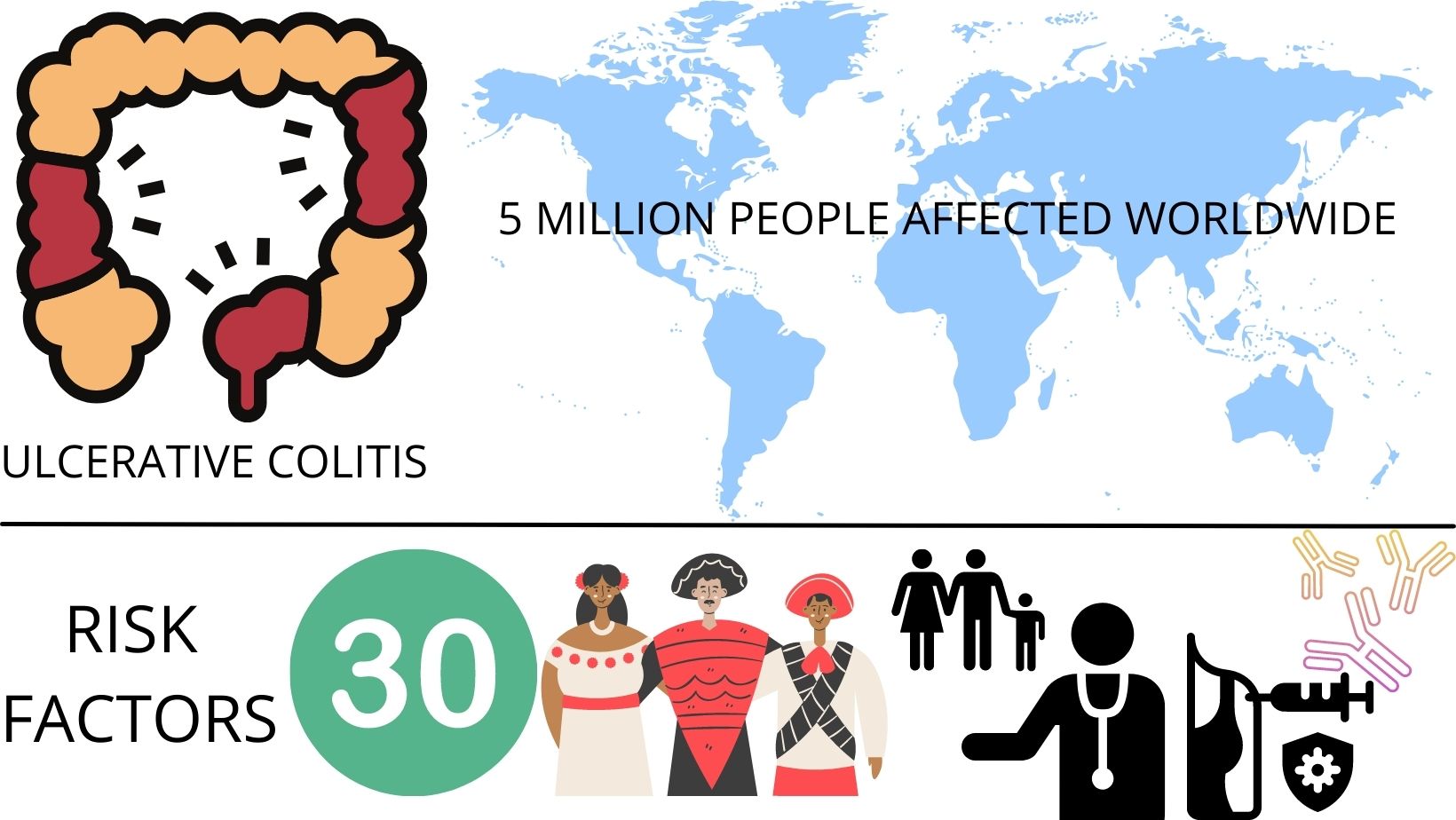
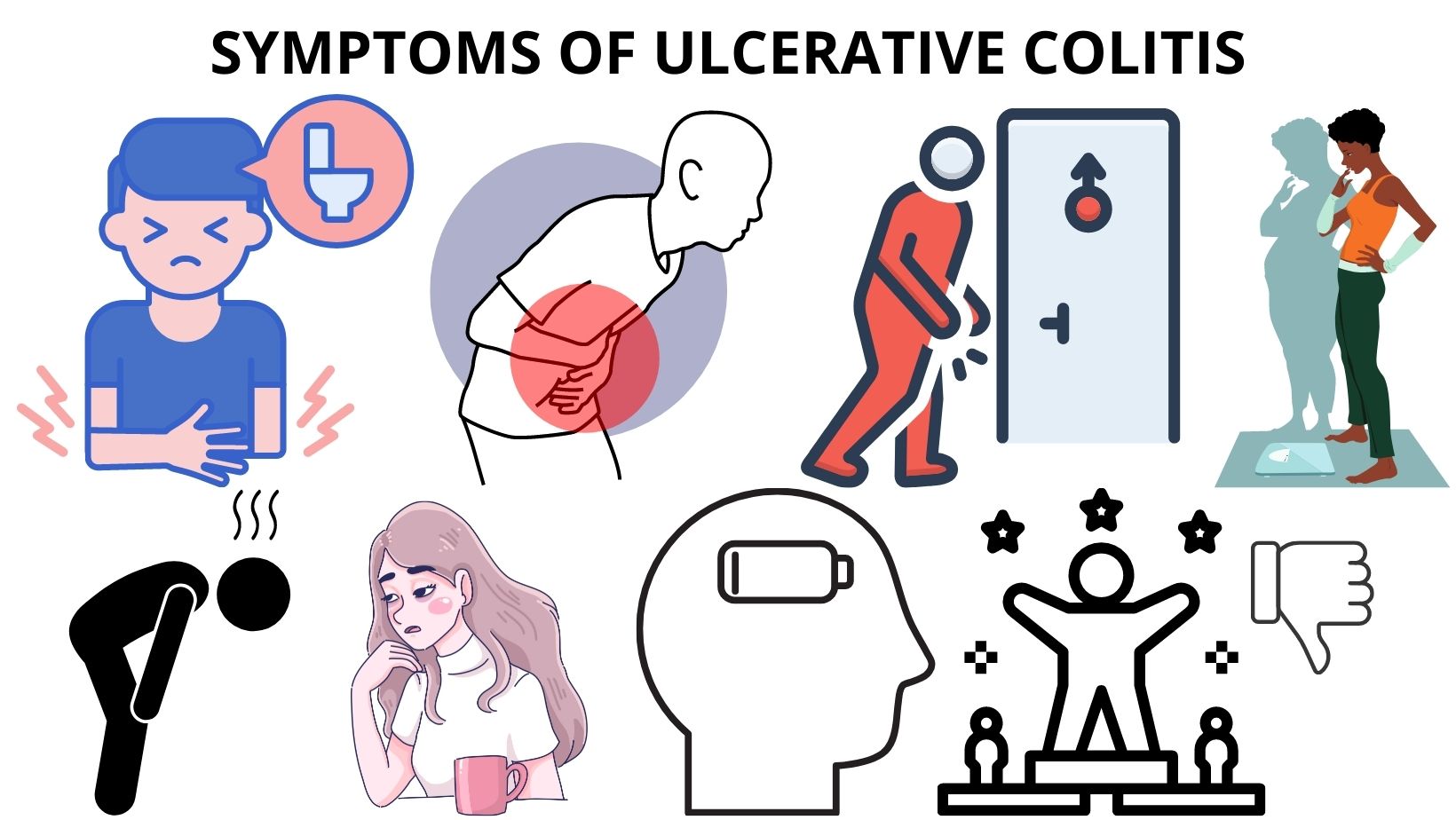
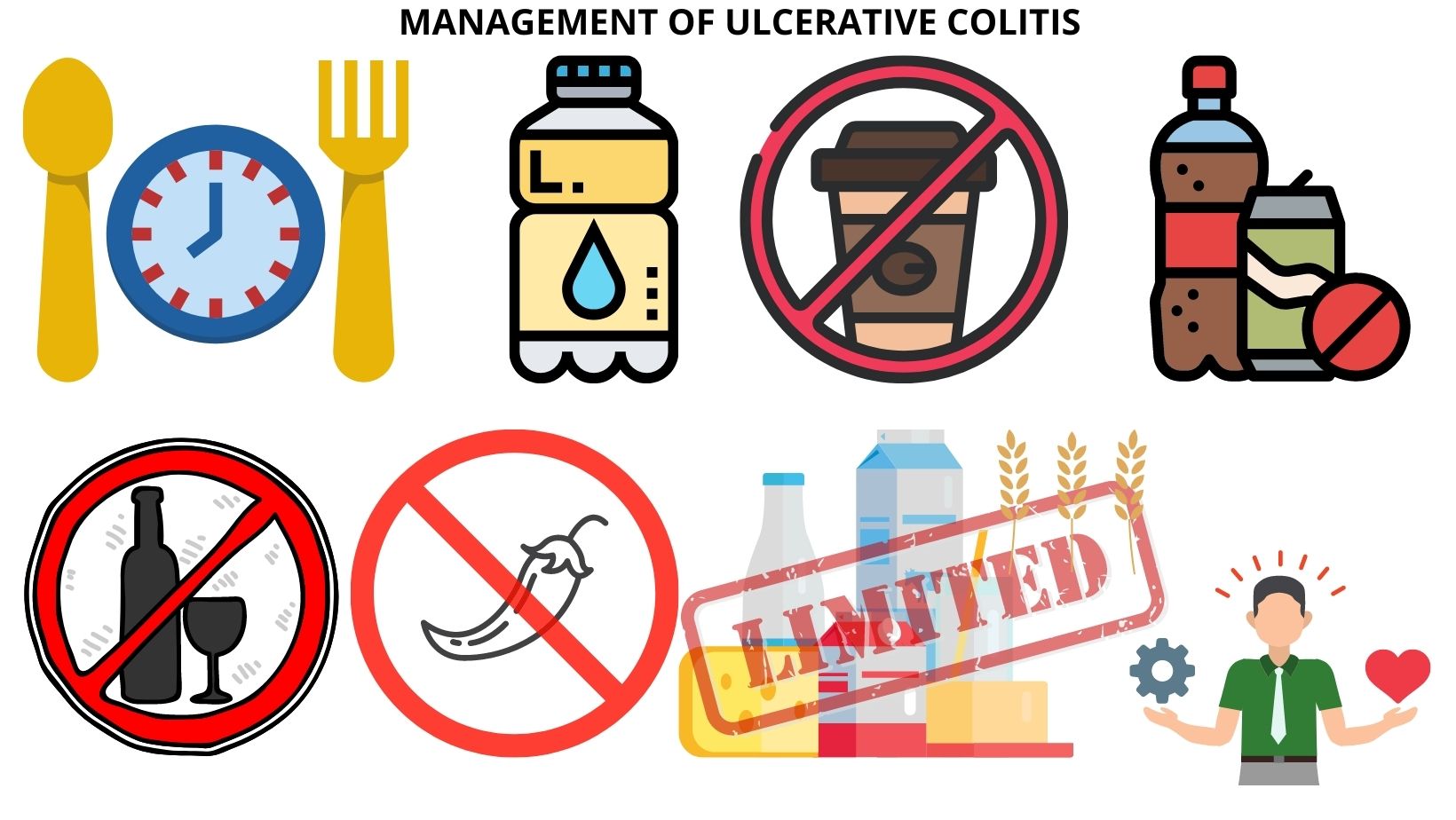
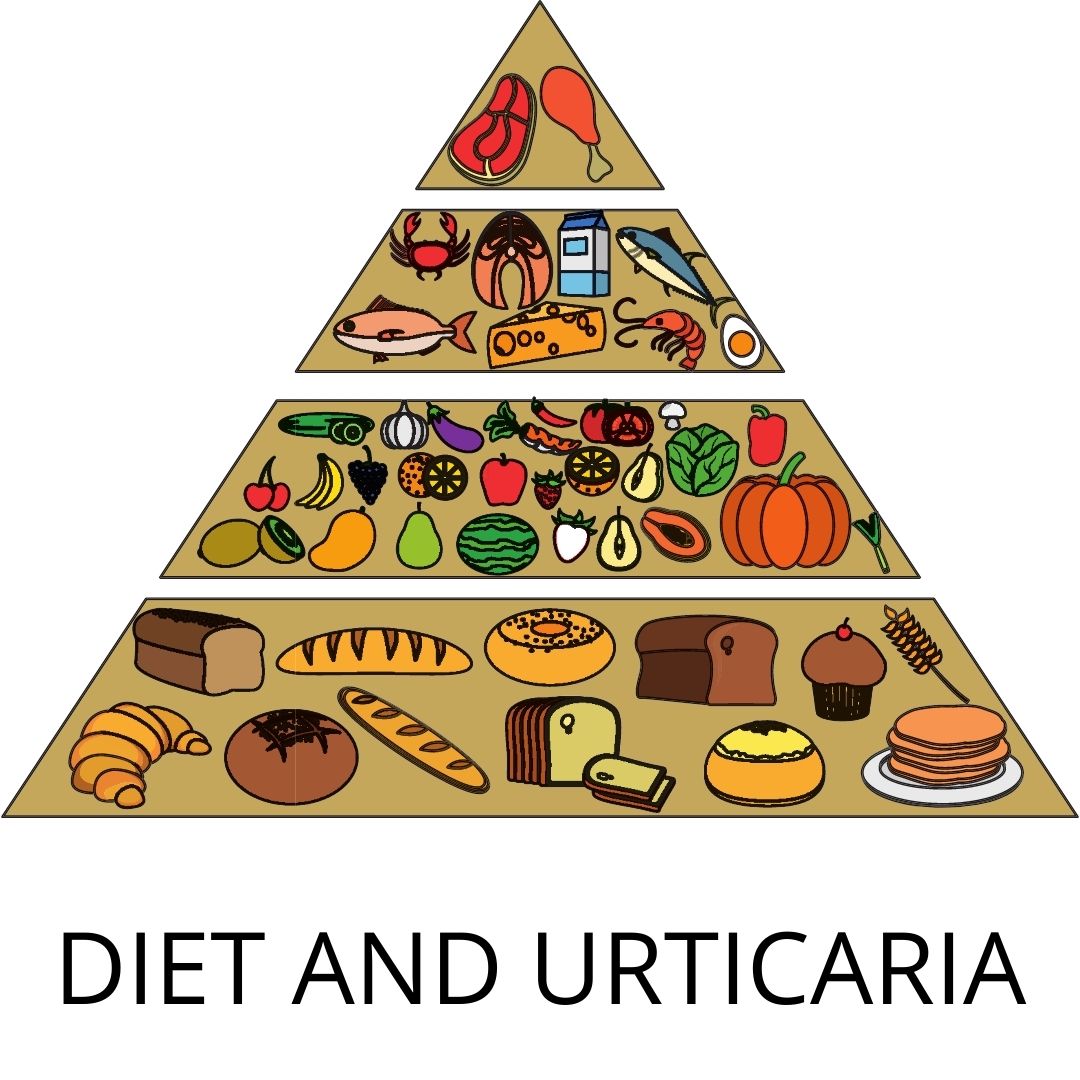
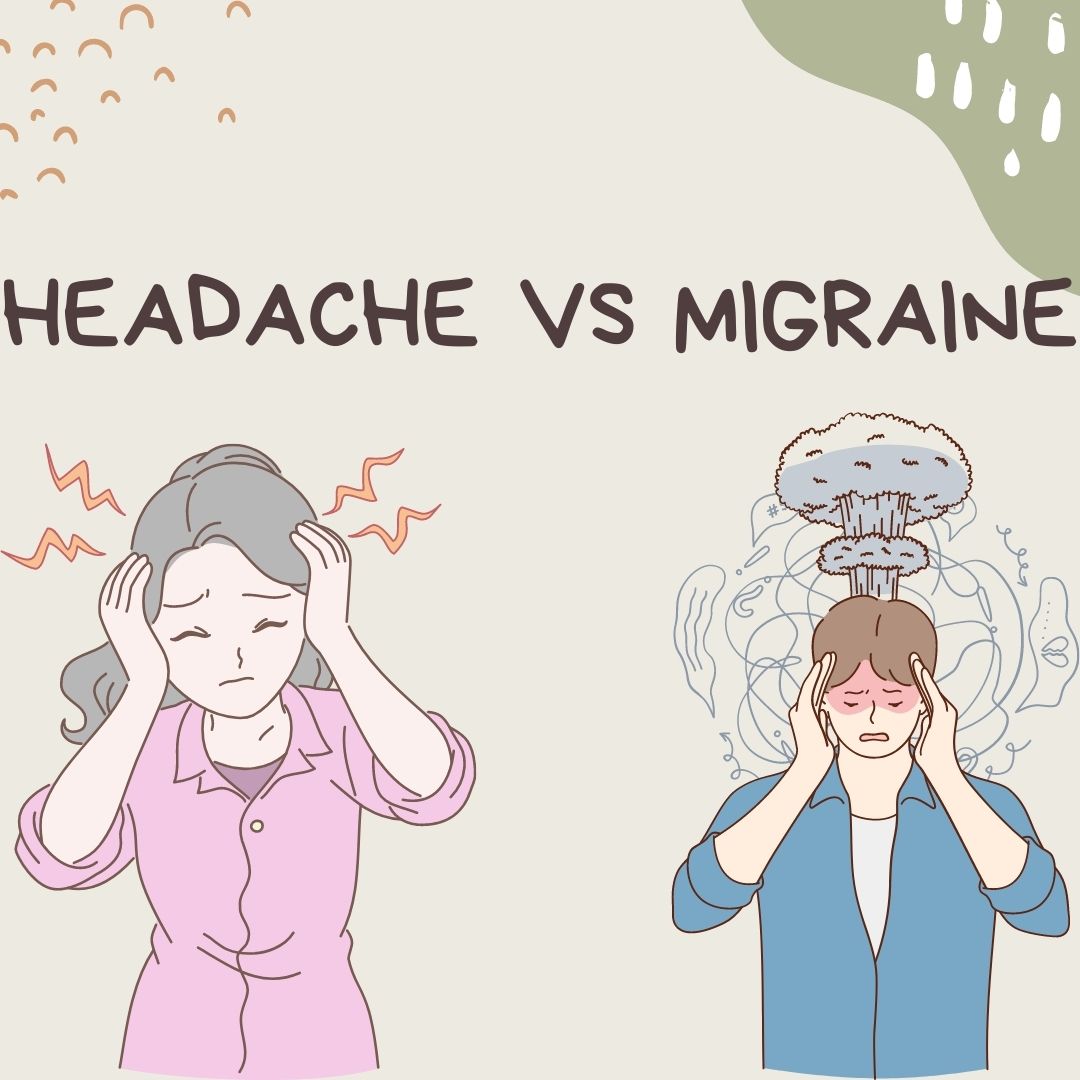
Comments
We have received your comment , Thank You !